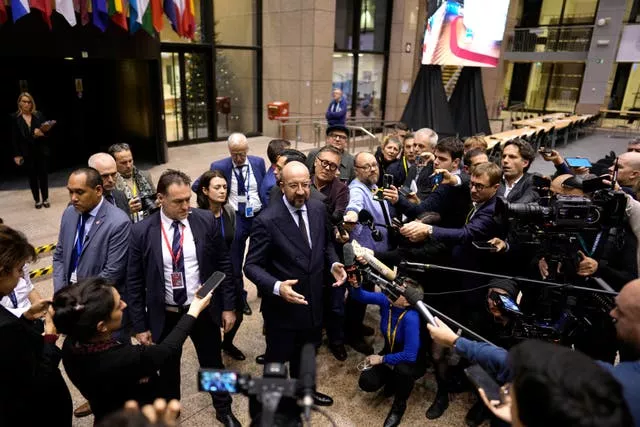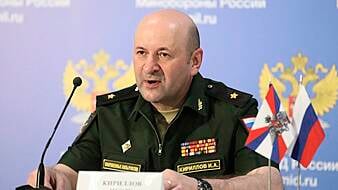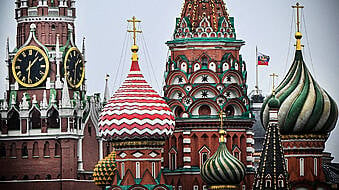The European Union has failed to agree on a €50 billion aid package for Ukraine, even after deciding to open accession negotiations with the war-torn country.
The aid was vetoed by Hungarian prime minister Viktor Orban on Thursday, delivering another tough blow to Ukrainian president Volodymyr Zelenskiy after he failed this week to persuade US politicians to approve an additional $61 billion, mainly to buy weapons from the US.
The start of accession talks was a momentous moment and stunning reversal for a country at war that had struggled to find the backing for its membership aspirations and long faced obstinate opposition from Mr Orban.
Hungary’s leader decided not to veto the accession talks, but then blocked the aid package.
“I can inform you that 26 leaders agreed on the (budget negotiation),” European Council president Charles Michel said. “I should be very precise. One leader, Sweden, needs to consult its parliament, which is in line with the usual procedure for this country, and one leader couldn’t agree.”
The decisions required unanimity among the EU’s members.
Mr Michel, who was chairing the Brussels summit, called the start of accession talks “a clear signal of hope for their people and our continent”. He said leaders would reconvene in January.
Although the process between opening negotiations and Ukraine finally becoming a member could take many years, Mr Zelenskiy welcomed the agreement as “a victory for Ukraine. A victory for all of Europe”.
“History is made by those who don’t get tired of fighting for freedom,” he said.
The financial package could not be endorsed after Mr Orban vetoed both the extra money and a review of the EU budget having warned the summit that forcing a decision on the Ukraine issues could destroy EU unity.

Mr Orban said that his opposition remained steadfast, but that he decided not to use his veto because the 26 other nations were arguing so strongly in favour. Under EU rules, an abstention does not prevent a decision from being adopted.
Taoiseach Leo Varadkar said: “In fairness to Prime Minister Orban, he made his case, made it very strongly. He disagrees with this decision, and he’s not changing his opinion in that sense, but essentially decided not to use the veto power.
“I respect the fact that he didn’t do that, because it would have put us in a very difficult position as a European Union.”
Belgian prime minister Alexander De Croo called the opening of membership discussions a black eye for Russian president Vladimir Putin.
“It is a very clear message to Moscow. Us Europeans, we don’t let go of Ukraine,” he said.
He said he thought Mr Orban “didn’t use his veto because he realised that it would be indefensible”.
At the same time as Ukraine, the EU leaders also decided to open membership negotiations with Ukraine’s neighbour Moldova.
US national security adviser Jake Sullivan welcomed “the EU’s historic decision to open accession negotiations with Ukraine and Moldova, a crucial step toward fulfilling their Euro-Atlantic aspirations”.







